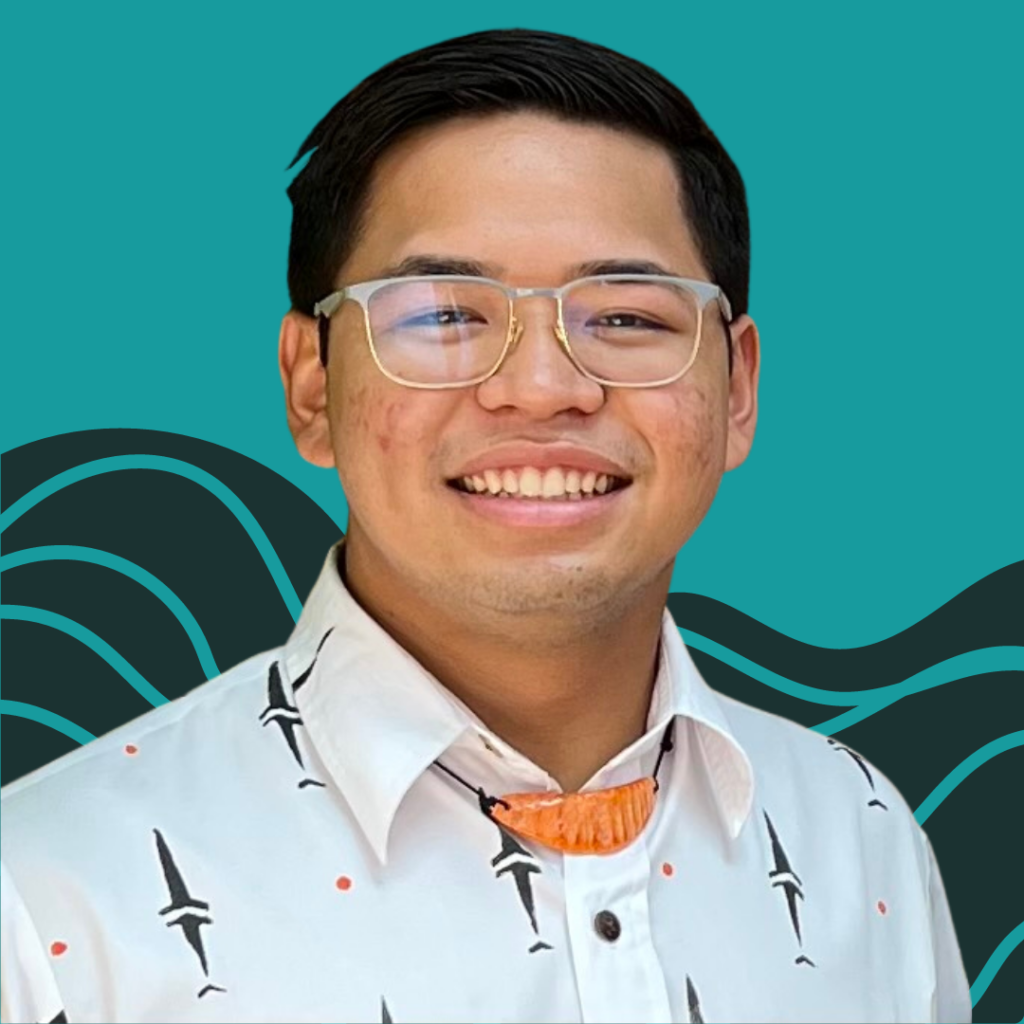
As a young indigenous CHamoru, Nolan Flores feels a sense of obligation to help Guam advance towards decolonization. His identity and work strongly influence his role as a local activist.
“I have been told that my personality is only decolonization,” Flores jokes.
Flores is an outstanding member of his community and began his journey into Guam’s decolonization movement as a college freshman.
He is an undergraduate student, a member of the Guam Youth Congress, and a research assistant with the Commission on Decolonization.
As a graduating senior, he realizes that his college experiences shaped his motivation to become a decolonization activist.
“I guess it came from a sense of obligation, from reading about it and understanding the historical perspectives that made me attune to the fact that this issue is still ongoing.”
This moment opened his understanding that decolonization is a critical issue for Guam.
Flores gives back to his community by pulling from and adding to “what our ancestors left behind.”
Some of his work includes organizing forums and conducting an islandwide survey to gather public opinion.
Flores credits the Political Science program at the University of Guam for his “awakening.” The program connected his CHamoru culture to political and social issues.
Most of his classes enhanced his interest in government and politics by focusing on local and regional topics. His academic background involving politics on Guam allows him to reflect on his CHamoru identity and inform others about what he is learning.
He shares his voice for decolonization at public speeches and in several articles in the Pacific Daily News.
His research led to an awareness that Guam’s core issues, especially socio-economic, are based on the island’s political status.
Flores’ work tries to educate the community about decolonization. He learns more about the issue at the local level while actively spreading awareness. He works closely with the community to correct misconceptions and resolve the lack of information.
“I want to help others experience what I have experienced.”
He strives to confidently navigate casual conversations with the community sharing what he knows and feels about decolonization. His indigenous CHamoru identity empowers him to address the colonial situation and fight for the future of his people.
Flores shares a quote passed down to his generation and often said by his community to capture Guam’s decolonization journey.
“Anggen ti hita, pues håyi” or “If not us, then who?”
This article was written as an assignment for CO-226: Media Writing.
